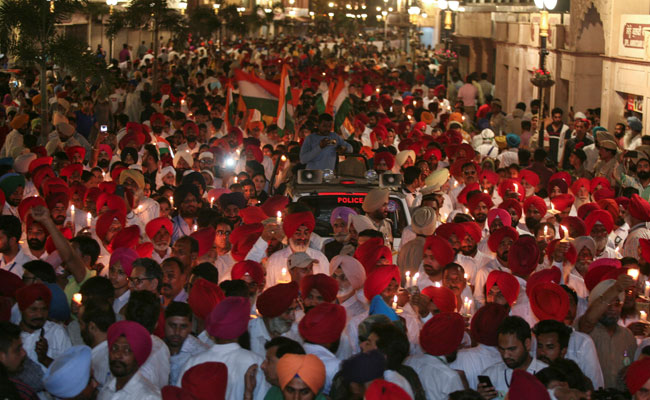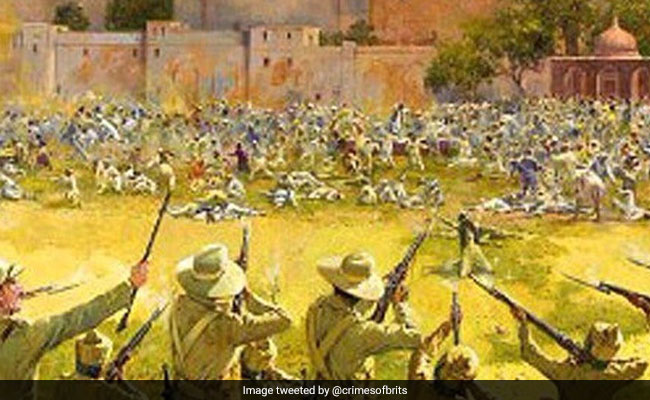Today marks 100 years of the Jallianwala Bagh massacre that dates back to 1919 when British troops fired on thousands of unarmed people gathered for a peaceful protest in Amristar.
At least 400 people were killed after some 50 British soldiers opened fire within the walled enclosure in Jallianwala Bagh, still pocketed with bullet marks from 100 years ago. The massacre was a symbol of colonial cruelty and was, earlier this week, condemned by British Prime Minister Theresa May in the parliament. She referred to the tragedy as "shameful scar on British Indian history". The Prime Minister however, did not issue a formal apology.
Congress chief Rahul Gandhi visited the memorial and paid his respects. Vice President Venkaiah Naidu, is to later visit Jallianwala Bagh National Memorial to pay his tributes. Hundreds had held a candlelight march in Amristar on Friday evening to mark the tragic day.
Here are the highlights on 100 years of Jallianwala Bagh massacre:
Amritsar, Punjab: Commemorative Postage Stamp that has been released by Vice-President M Venkaiah Naidu at #JallianwalaBagh memorial on commemoration of 100 years of the massacre. #JallianwalaBaghCentenary pic.twitter.com/eZisIFsvir
- ANI (@ANI) April 13, 2019
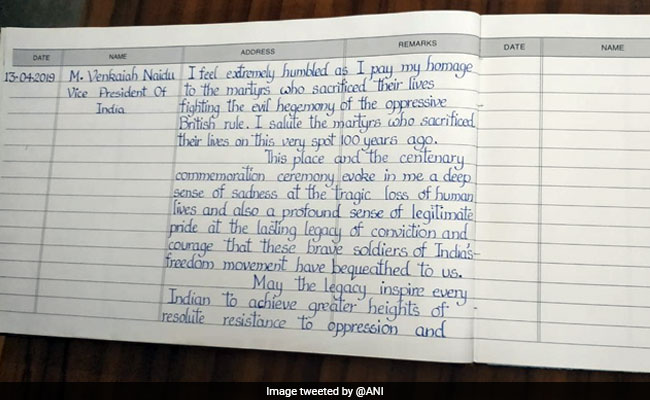
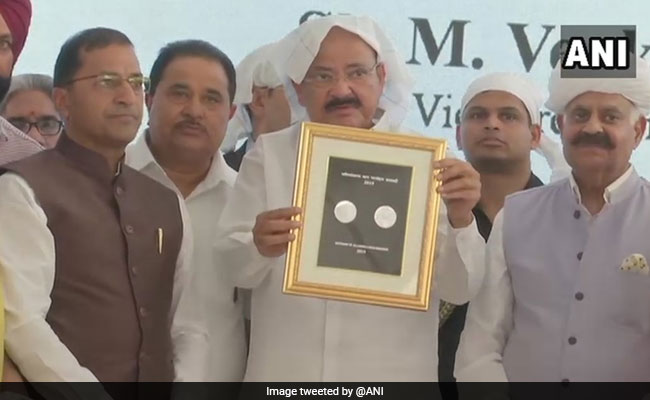
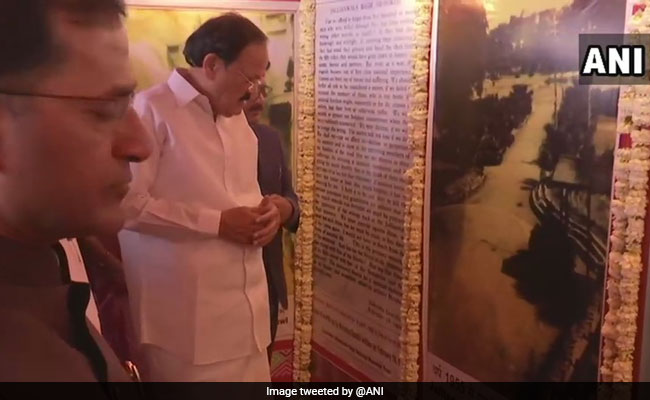
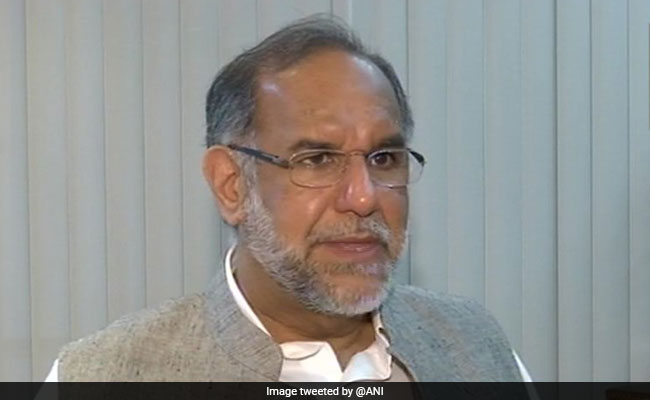
The "darkest stain on British Rule" holds many lessons for those who continue to stand up for what is right. We salute the heroes of #JallianwalaBagh, your sacrifice will never be forgotten. To speak truth to power is the duty of every citizen. pic.twitter.com/1a5Q6sHwZd
- Akhilesh Yadav (@yadavakhilesh) April 13, 2019
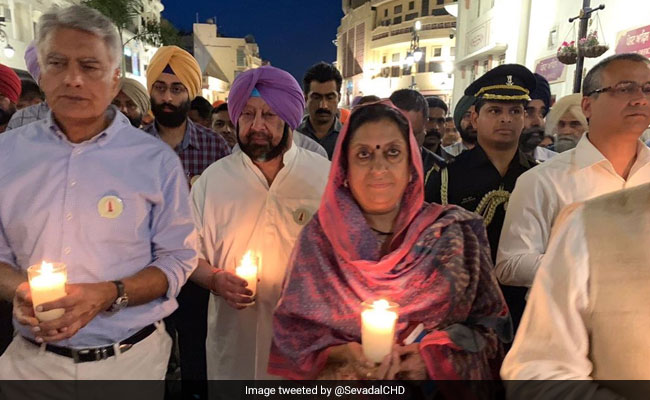
 100 Years Of Jallianwala Bagh Massacre: Britain Still Hasn't Apologised, Say Family Members Of Those Killed
100 Years Of Jallianwala Bagh Massacre: Britain Still Hasn't Apologised, Say Family Members Of Those KilledDemanding apology from Britain over the Jallianwala Bagh massacre, which completes 100th year on Saturday, family members of some of those killed have said mere regret would not do.
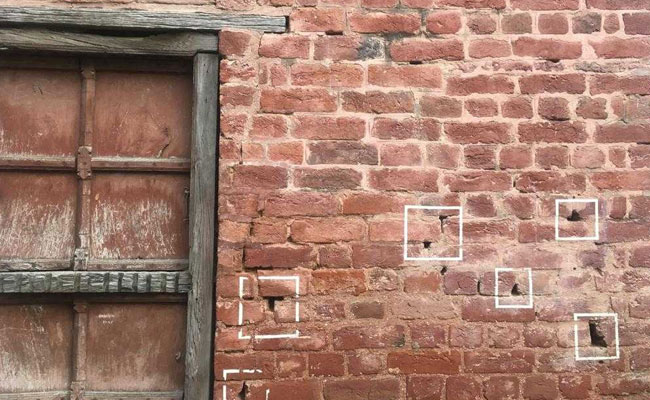
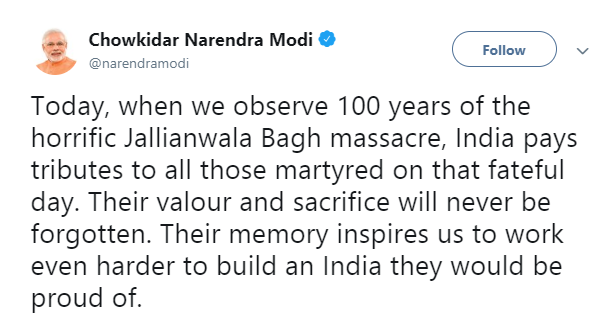
Congress President @RahulGandhi pays tribute to the martyrs of #JallianwalaBagh pic.twitter.com/bJU5nmWbek
- Congress (@INCIndia) April 13, 2019
A 100 years ago today, our beloved freedom fighters were martyred at Jallianwala Bagh. A horrific massacre, a stain on civilisation, that day of sacrifice can never be forgotten by India. At this solemn moment, we pay our tribute to the immortals of Jallianwala #PresidentKovind pic.twitter.com/tNt0v5aFWv
- President of India (@rashtrapatibhvn) April 13, 2019
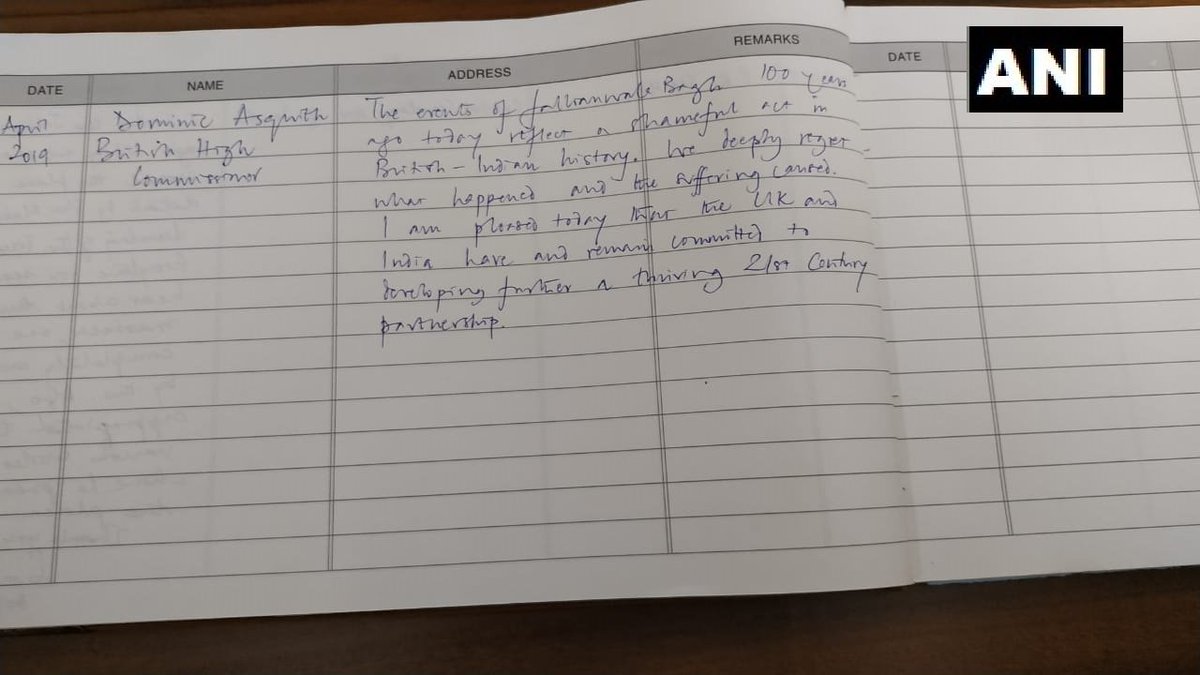
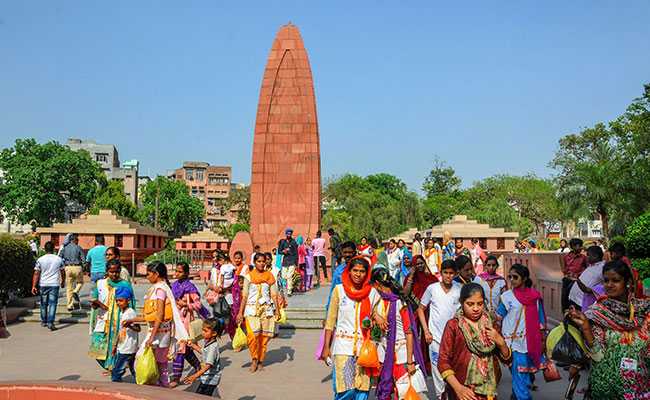
Vice President @MVenkaiahNaidu to pay homage to martyrs of #JallianwalaBaghMassacre on centenary of gruesome incident at the Jallianwala Bagh Memorial, in #Amritsar, Punjab today. He will release a Commemorative Coin and Commemorative Postage Stamp.#JallianwalaBaghCentenary pic.twitter.com/4FfuJwVQhn
- All India Radio News (@airnewsalerts) April 13, 2019

